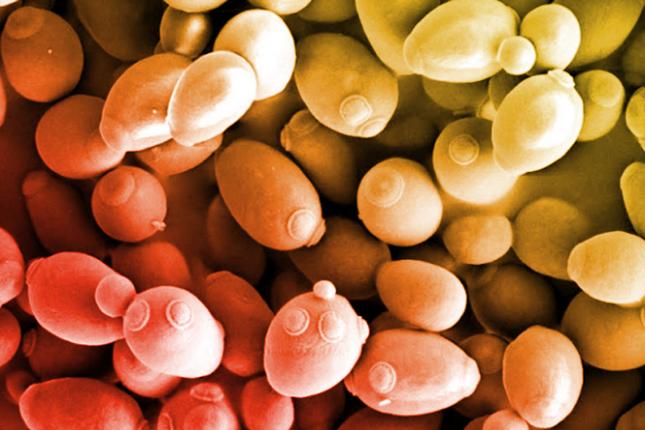How close are we to creating a synthetic human genome?
Creating humans is also an ethical minefield. Unsettled questions about who might own a synthetic human genome abound. Boeke warns that ownership could come down to who ends up funding the project development. Rob Carlson, a co-author of the GP-Write proposal, is even more skeptical of the idea of a patented artificial human genome, pointing out via email that “as soon as there is any possibility of a synthetic genome being used to germinate a live human, then ownership is obviously out of the question anyway…because you are now talking about owning a person.”
So far the GP-write project has been more talk than action, with large consultation meetings held between scientists and policy experts. The project has yet to attract significant funding. Perhaps successes in other organisms like yeast will embolden governments and private industry to open up to the idea of a man-made human genome.
Given that building a genome is so technically demanding, and with uncertain rewards, I’ve often wondered why anyone might want to undertake such a venture. Some, like Boeke, seem to be in it mainly for the science — for the questions that can only be answered by building life from scratch. Others, like Harvard geneticist George Church, a genome sequencing pioneer and co-author of the GP-write proposal, are more excited by the potential life-changing applications. In any case, it’s clear that writing genomes is the next major scientific frontier — and that we’re well on our way to crossing it.
